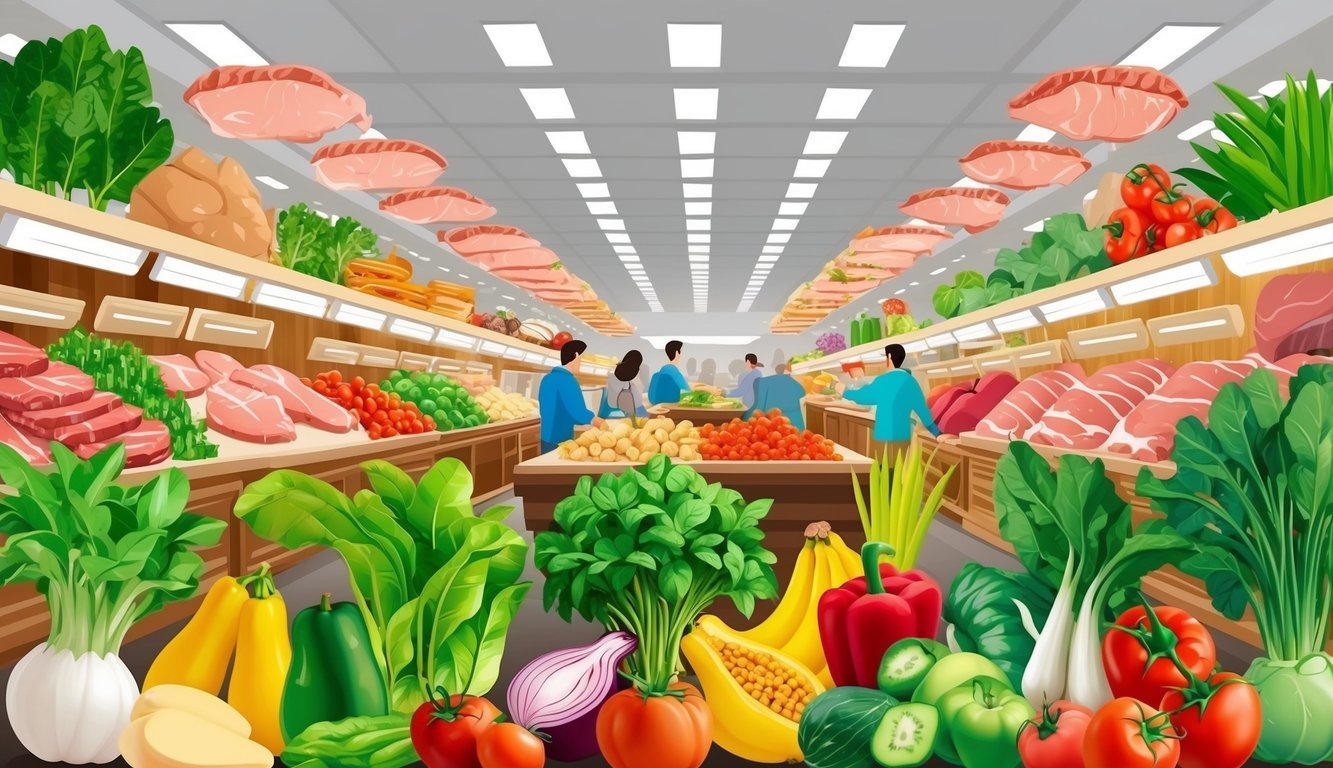
The Czech government is currently working on an amendment that intends to limit the use of certain terminology by manufacturers of plant-based products. Terms such as “mushroom schnitzel,” “soy sausage,” and “bean burger” may be banned under this proposed regulation. While officials claim this measure is meant to protect consumers, ProVeg Czechia argues that it may instead lead to confusion for shoppers and pose challenges for plant-based businesses.
Concerns About Consumer Protection
ProVeg suggests that the primary goal of this legislative move might not be consumer protection but rather a bid to shield the meat industry. They argue that such restrictions could harm fair competition in the market. Support for this perspective comes from a YouGov survey commissioned by ProVeg Czechia, which revealed that 70% of consumers actually support the use of meat-related terminology for plant-based foods. Furthermore, 80% of those surveyed indicated that they understand soy sausages contain no meat.
Government’s Regulatory Process Under Scrutiny
Interestingly, ProVeg Czechia pointed out that there have been no complaints lodged with the State Agricultural and Food Inspection Authority concerning the labeling of plant-based products. They argue that European regulations already provide sufficient measures to prevent misleading labels, suggesting that the proposed restrictions are unnecessary.
The Czech Ministry of Agriculture faces criticism for not conducting a regulatory impact assessment (RIA) before proposing this amendment, a step typically required for regulations that might have significant implications. While the Ministry claims these changes will not adversely affect the business environment, ProVeg warns that they could significantly burden plant-based companies and food service industry players, forcing them to alter menus and marketing materials.
ProVeg’s Campaign and Legal Challenges
In light of these developments, ProVeg Czechia has called on the Ministry of Agriculture to reconsider the proposed changes. They have launched a campaign titled “Soy Sausage Against Censorship,” encouraging citizens, producers, retailers, and those in the hotel and restaurant sector to voice their opposition through a petition.
The legal basis for this proposed amendment appears shaky. In a ruling from October, the Court of Justice of the European Union determined that EU member states, including the Czech Republic, cannot ban the use of terms historically linked to animal products for plant-based substitutes—provided that the labels clearly state the ingredients. This ruling effectively halted France’s attempts to prohibit meat-associated terms for plant-based foods.
The government’s shift in stance is surprising, considering its previous support for plant-based options. A seminar on alternative protein sources was organized in the Chamber of Deputies just last year.
ProVeg’s co-director expressed alarm at what seems to be an alignment of the Ministry of Agriculture with the animal lobby, suggesting that such actions could negatively impact Czech food companies. He pointed out the inconsistency between the proposed decree and the government’s commitment to reducing regulatory hurdles for businesses, emphasizing that prioritizing the interests of the meat industry over innovative and sustainable plant-based offerings is fundamentally unacceptable.
Source: Vegconomist

